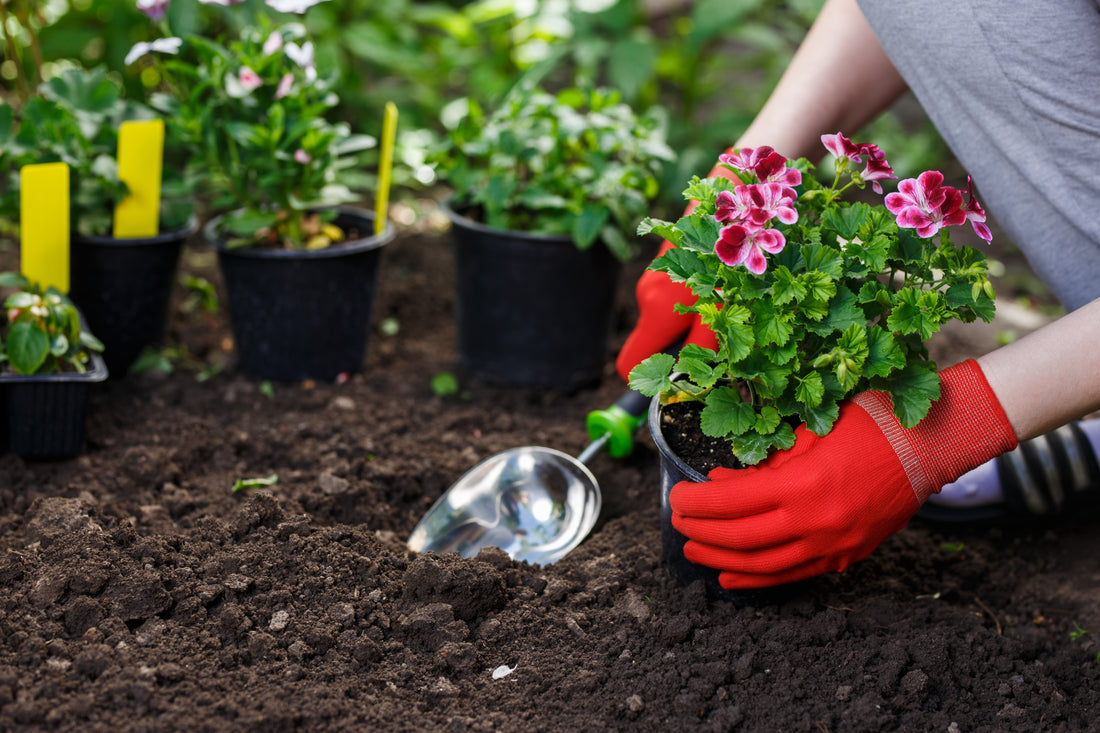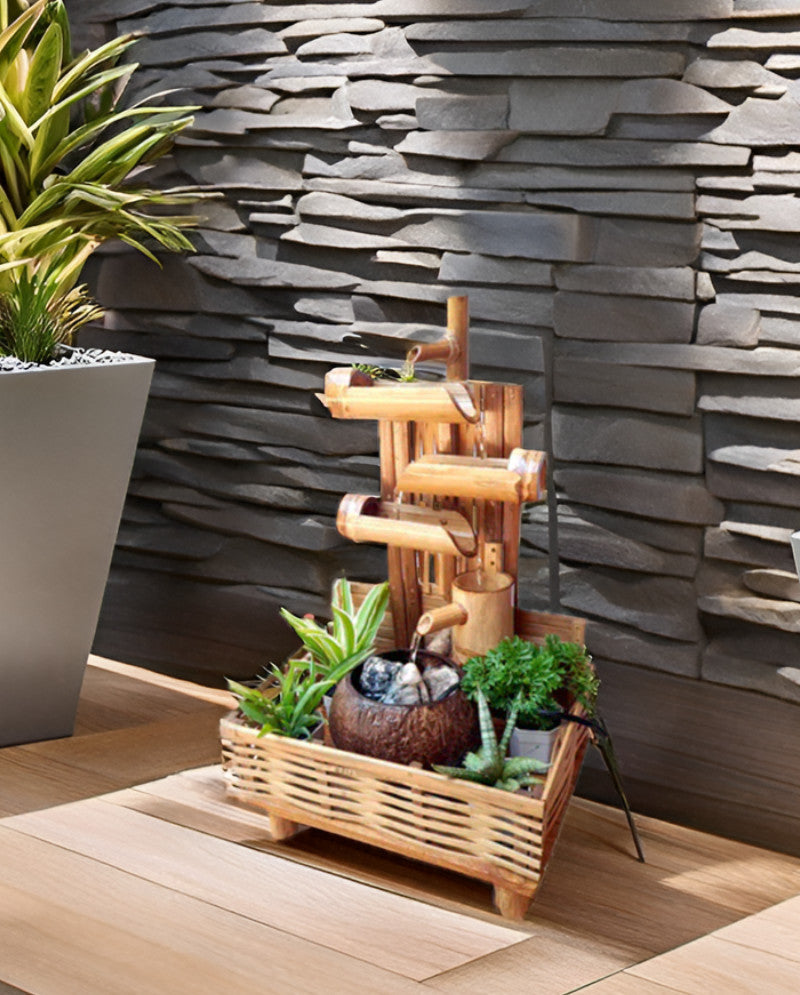
How to make the most of your garden during lockdown (Covid-19)
April is National Gardening Month, and with many people staying home during the COVID-19 crisis, experts say now is the perfect opportunity to get outside and start a garden. As COVID-19 continues, some people are taking to gardening as a new hobby. While gardening has always been a favourite past time or even a tool to help relieve stress. more people are now displaying their green thumb.
Summer is here and the sun is shining. It’s a nice bit of positivity amid these unprecedented times and it’s becoming the perfect opportunity to do a spot of gardening.
No matter how big or small your space, you can start growing plants, flowers and other foliage now and throughout the summer months.
The benefits of gardening
You may have been putting off the odd job here and there until the bank holiday but seeing as self-isolating means we now have lots of time on our hands, it’s a nice way to spend time in a garden, on your balcony, or even gardening indoors.
Plus, there are many benefits to gardening, scientists have found that spending two hours a week in nature is linked to better health and well being.
We feel that gardening combines exercise and activity, and is well known to boost well being, along with the restorative power of tending and caring for living things. Of course, there is the beauty and charm of flowers and gardens to raise the spirits and the pleasure and satisfaction of growing and eating your own food.
What can you plant now?
According to expert, this time of year is ideal for growing vegetable such as calabrese, carrots, beetroot, cabbage, chard, leeks, lettuce, onions, spinach, parsnips, radish and turnips.
If you prefer herbs, perhaps to incorporate into your mealtimes, chives, rosemary, mint, parsley, coriander, thyme and dill will take as little as a week to grow now.
As for flowers, start curating your own little colourful garden as the weather warms up with fuchsias, petunias and pelargoniums. Bart also recommends growing coleus which has pretty coloured leaves, which you can then take cuttings of in late summer to have as indoor houseplants.
Experts explain that lockdown shouldn’t have too much of an effect. “Given the times, it is worth remembering that most of these plants can be planted up to early June without much loss, so delays due to lockdown is not necessarily limiting, just delaying.
How to garden in a small space
If you’re not lucky enough to have a patch of greenery outside, then there’s plenty of options that you can successfully grow for window sills and balconies.
Compact hardy plants that suit balconies, window boxes and other limited spaces include creeping jenny, erigeron, heathers, herbs including rosemary and thyme and hardy succulents such as sempervivums,” says expert, along with tender tomatoes, dwarf chillies and strawberries if you wanted to grow your own salad-friendly vegetables.
The tools to use
To keep a grass lawn in tip-top condition now is the time to invest in a lawnmower. Protect your hands from mess and irritation with a pair of gardening gloves, especially important as increased hand washing can leave skin feeling sensitive.
The best garden furniture
Whether you’ve spent a busy afternoon in the garden looking after your plants and deserve a sit-down or simply want to soak up the vitamin D, you want to be as comfortable as you would on your sofa. Dining table and chairs came out on top & guide to the best garden furniture.
Garden toys to keep kids entertained
Children may feel cabin fever set in before you do, as schools are shut and regular routines are disrupted. Toys in the garden from swing sets to bats and ball are an alternative to PE lessons while keeping them active and stimulated.
Organic Potting Soil
Organic Potting Soil is a unique mixture of a well -balanced organic fertilizers & insecticide. It is rich in all essential plant nutrients which provide a perfect and healthy medium, needed for optimum plant growth. It is an odorless, clean, organic material containing adequate quantities of N, P, K and several micro-nutrients essential for plant growth. It acts as an excellent soil medium and can completely replace mud or can be mixed with existing mud.
Water
All forms of life, including plants and soil organisms, need water, but not too much or too little. Healthy soil should be about 25% water.
In soils with too much pore space (sandy soils), water quickly drains through and cannot be used by plants. In dense, silt or clay soils, the soil gets waterlogged as all the pore space is filled with water. This will suffocate plant roots and soil organisms.
Air
Just like humans, plants need air, both above ground for photosynthesis and in the soil as well. Air in the soil holds atmospheric nitrogen that can be converted into a usable form for plants. Soil oxygen is also crucial to the survival of soil organisms that benefit plants.
Organic Fertilizers
Dry or liquid organic fertilizers can add nutrients to the soil that might not get there any other way. Organic garden fertilizers work a little slower than their synthetic counterparts, but they release their nutrients over a longer time frame. Additionally synthetic fertilizers are bad for the environment and can make the soil worse in the long run as beneficial microorganisms are killed off.
Mulch
Organic (straw, hay, grass clippings, shredded bark) cover the soil and insulate it from extreme heat and cold. Mulches reduce water loss through evaporation and deter the growth of weeds.

